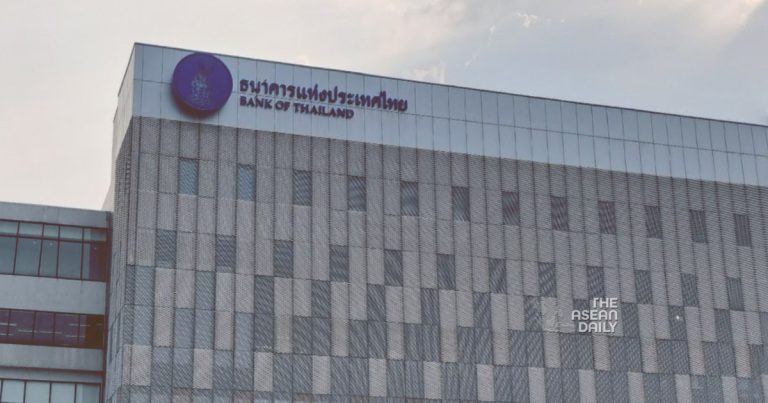26-9-2024 (BANGKOK) In a fresh critique of Thailand’s monetary policy, Commerce Minister Pichai Naripthaphan has called upon the Bank of Thailand (BOT) to take decisive action in managing the strengthening baht, emphasising the need to prioritise national interests and support the country’s vital export sector.
The minister’s remarks come as the Thai baht reached a 30-month high, trading at 32.7 against the US dollar. Pichai argues that a more appropriate exchange rate would be 35 baht to the dollar, expressing concern over the potential impact on exports – a crucial driver of the Thai economy – over the next quarter due to the rapid appreciation of the national currency.
“The Bank of Thailand should stop creating division and place the country’s interest first,” Pichai stated, though he did not elaborate on the nature of the alleged division. His comments reflect growing tension between the government and the central bank, as the administration continues to push for monetary easing.
The minister’s critique comes ahead of a pivotal meeting scheduled for next week between the finance ministry and the central bank. The agenda includes discussions on the inflation target and currency strength, with the government expected to reiterate its case for a reduction in interest rates.
Finance Minister Pichai Chunhavajira has echoed these sentiments, suggesting that interest rates should be aligned with government stimulus measures and that the inflation range should accommodate a higher inflation rate.
The current government, led by the populist Pheu Thai party, has been advocating for a rate cut since last year, arguing that it is essential for reviving Southeast Asia’s second-largest economy. Despite modest growth projections of 2.6% for the current year, up from 1.9% in the previous year, the administration contends that Thai monetary policy should follow the global trend towards easing.
However, the central bank has thus far resisted governmental pressure. In August, it maintained the interest rate at a decade-high of 2.50% for the fifth consecutive meeting. BOT Governor Sethaput Suthiwartnarueput recently defended this stance, asserting that there was no immediate need for a rate cut in response to the US Federal Reserve’s easing. He cautioned that while such a move might provide a short-term economic boost, it could potentially lead to negative consequences.
The discord between the government and the central bank has historical precedent. Before assuming the role of prime minister, Paetongtarn Shinawatra, daughter of influential former premier Thaksin Shinawatra, described central bank independence as an “obstruction” to solving economic problems. This echoes past conflicts between her father’s administration and the BOT, which once resulted in the dismissal of a central bank governor.
While acknowledging the importance of central bank independence, Commerce Minister Pichai urged for a recalibration of approach. “We respect independence, but it has to be an independence that helps the country develop and not get in the way of everything,” he emphasised.




